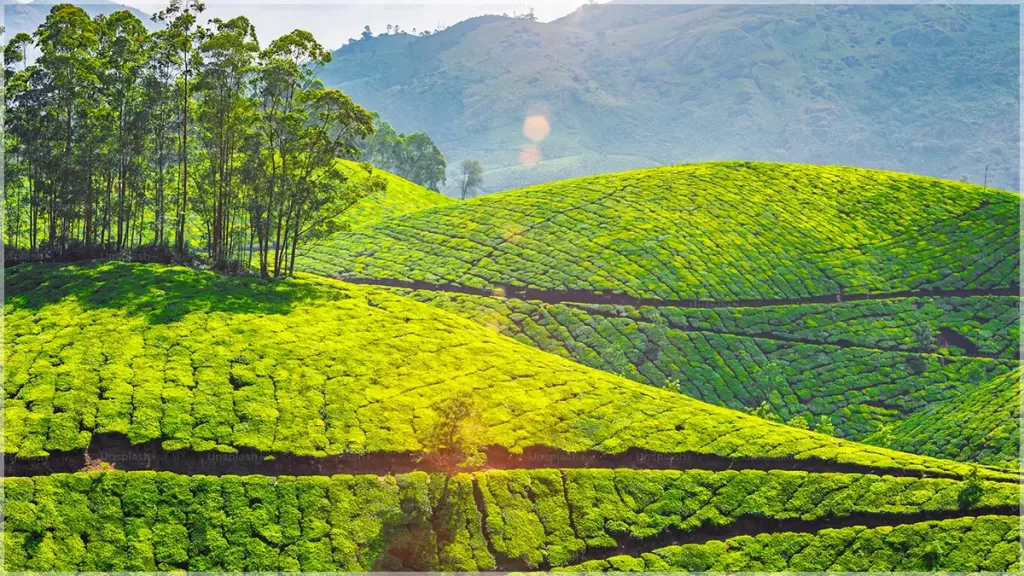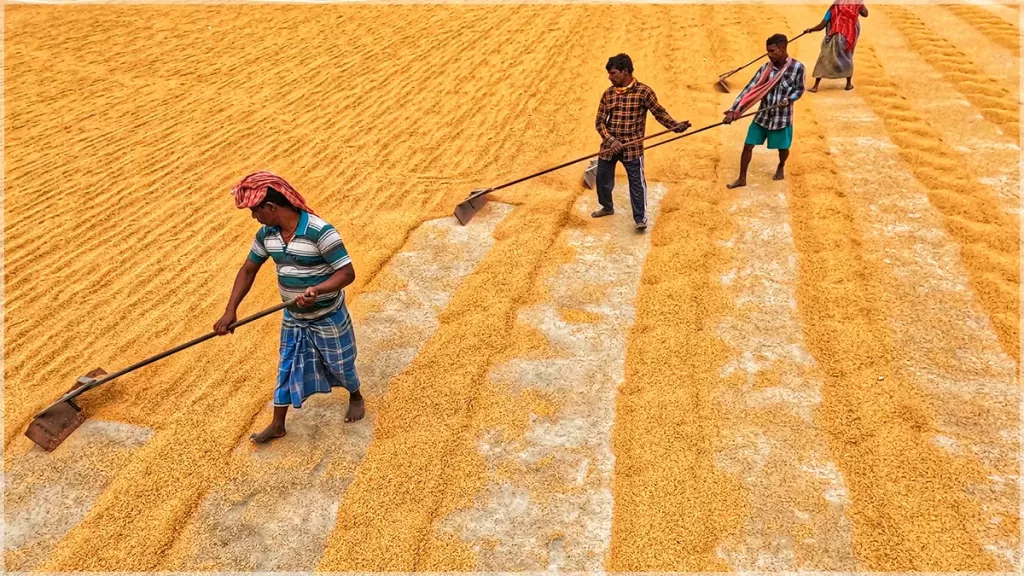A trade war has erupted between Iran and India, as Iran has permanently banned major imports from India. The ban, which took effect this December, includes two of India’s most significant export commodities: basmati rice and tea. This is a substantial blow as Iran was India’s largest buyer of both products. Until now, around 75% of India’s rice exports went to the Middle East, with Iran topping the list. Similarly, Iran was the biggest buyer of Indian tea.
The ban raises many questions. Why has Iran, despite depending on affordable Indian rice, taken such a drastic step? Iran could have continued to benefit from India’s cheaper rice, priced at $360 per ton, compared to Thailand and Vietnam, where rice costs about $420 per ton. Yet, despite facing higher prices, Iran decided to halt imports from India. While no official reason has been provided by Iran, many believe the move is politically motivated.
Table of Contents
Why Did Iran Ban Indian Exports?

The roots of this trade war seem to lie in recent diplomatic tensions. Indian farmers from Kashmir had complained to the government about kiwis imported from Iran. These kiwis were reportedly infested with pests, which led to a significant loss for local apple farmers. Despite India’s repeated warnings to Iran, no action was taken to resolve the issue. As a result, India banned the import of Iranian kiwis. Iran responded swiftly by banning Indian rice and tea imports, effectively escalating the trade dispute.
Interestingly, Iran had already secured alternative suppliers for its tea needs, turning to India’s neighbor Sri Lanka. This strategic move allowed Iran to hit back at India without suffering an immediate impact on its tea supply.
Is There a Deeper Political Agenda?
While the official explanation for the ban seems tied to the kiwi incident, the real reasons might go much deeper. Iran’s political stance on India has been complicated, particularly concerning the Kashmir issue. Iran has long supported separatist sentiments in Kashmir, celebrating figures like Burhan Wani, a militant leader considered a terrorist in India but hailed as a hero in Iran. Iranian universities even commemorate Wani’s death anniversary, highlighting Iran’s sympathetic view towards Kashmir’s separatist movement.

Moreover, Iran’s connection to Kashmir has historical roots. Iran’s revolutionary leader Ayatollah Khomeini, whose family has Kashmiri ancestry, took a strong anti-India position on the Kashmir issue. He openly stated that India would never prosper unless it freed Kashmir, a sentiment that resonates in Iran’s broader foreign policy. Iran’s influence in Kashmir is evident, with Khomeini’s banners seen across the region, even in snow-covered areas like Kargil.
This influence has also led to the rise of militant groups like Hezbollah within the Kashmiri Shia Muslim community. Although Shia Muslims in Kashmir were historically pro-India, Iran’s extremist influence has caused some of the younger generation to lean towards separatist ideologies.
Read also : India’s Reliable Balance Between Iran and Israel Amid Geopolitical Tensions
The Impact on Indian Exporters
While the trade ban is certainly a setback, India’s rice exporters might not feel the pinch as much as anticipated. In fact, many Indian exporters had already experienced issues with Iran’s payment systems. Last year, Iran had delayed payments to the tune of $140 million, leading Indian rice exporters to temporarily stop selling to Iran. This wasn’t the first time such an issue arose; in 2012, a similar situation unfolded when Iran failed to pay for its imports due to sanctions.
Additionally, with the ongoing Russia-Ukraine conflict, the global demand for Indian rice has surged, particularly from countries like Saudi Arabia. As a result, India has become the world’s largest rice exporter, earning around $10 billion from rice exports this year alone. Therefore, the real loss might be Iran’s, not India’s.
What Lies Ahead?
India’s government has reached out to Iran through its embassy to ask for clarification on the sudden import ban, but as of now, no response has been received. Given India’s growing dominance in the rice export market and increasing global demand, the country is unlikely to be significantly impacted by the ban.
While the trade ban has escalated tensions between the two nations, India is well-positioned to navigate the situation. With alternative markets and rising demand for its exports, India’s trade prospects remain strong, and the real challenge may lie in maintaining diplomatic relations with Iran amidst these growing tensions.


